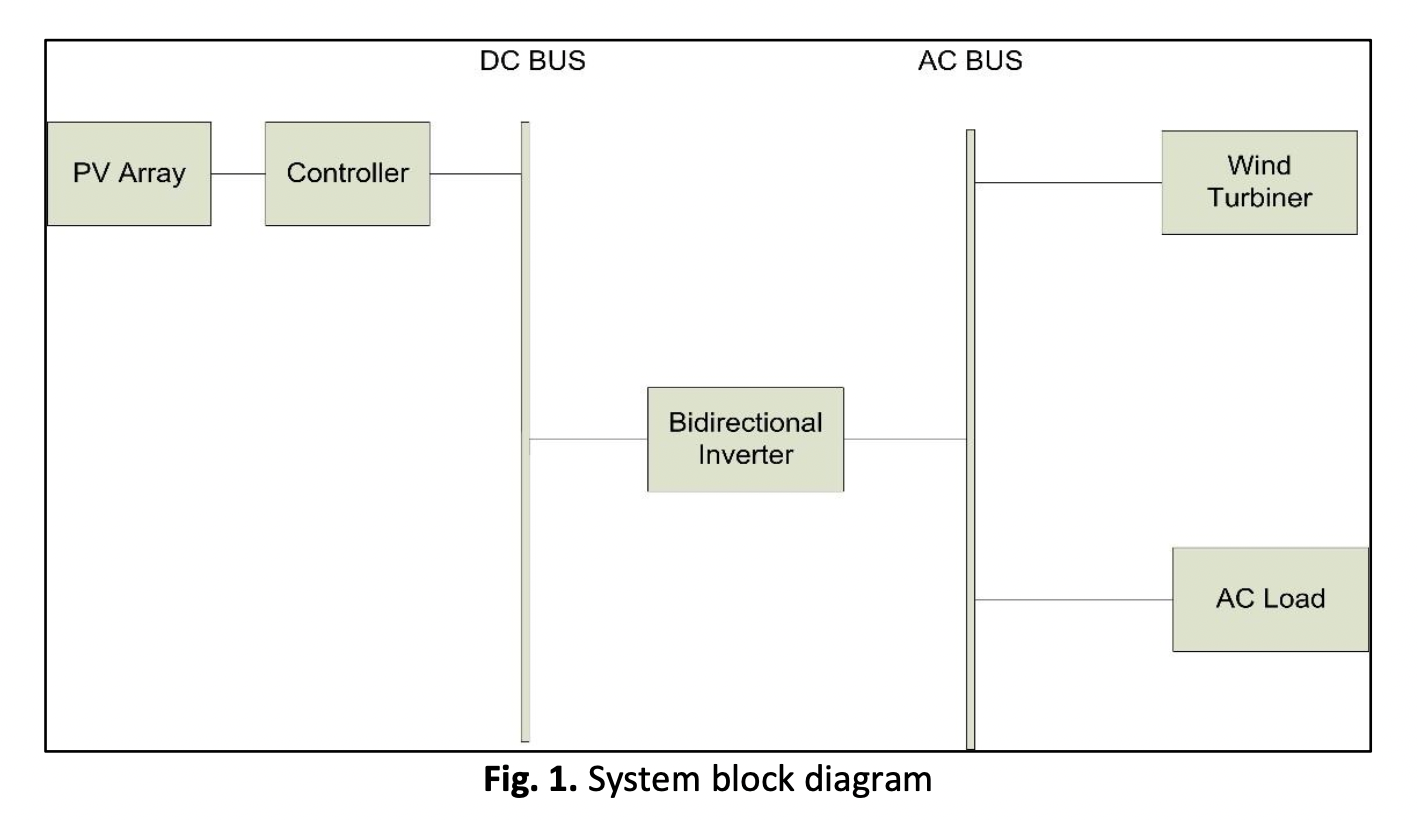Micro-Grid Hybrid Renewable Energy Sources Optimal Sizing for Cost and Carbon Emission Reduction using Grey Wolf Algorithm
DOI:
https://doi.org/10.37934/araset.30.3.302314Keywords:
Carbon emissions reduction, hybrid renewable energy system, optimal sizing, micro-grid scheduling, Grey Wolf AlgorithmAbstract
The rapid depletion of fossil fuel resources and the growing evidence of global warming have made the utilization of renewable energy sources more attractive, especially with the increase in global energy demand. Most of the renewable energy sources are dependent on climate conditions. Therefore, Hybrid Renewable Energy Sources (HRES) can be highly efficient systems. In this paper, the Grey Wolf Algorithm (GWO) is proposed to find the optimal operation of PV/Wind HRES for a typical industrial load system with the objective of minimizing carbon emissions and life cycle cost (LCC). The algorithm is utilized to study two scenarios (PV/Wind and PV/Wind/Diesel generator) in comparison with conventional energy systems. The analysis of the results shows that both scenarios are more appealing than the conventional system. The first scenario can be considered the most attractive scenario for LCC and carbon emissions reduction. 60% and 90 % reductions are achieved, respectively. The second scenario can be considered the most attractive scenario for dump energy reduction. A 33% reduction is achieved compared to the first scenario.




























